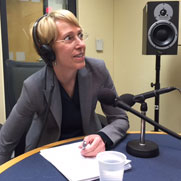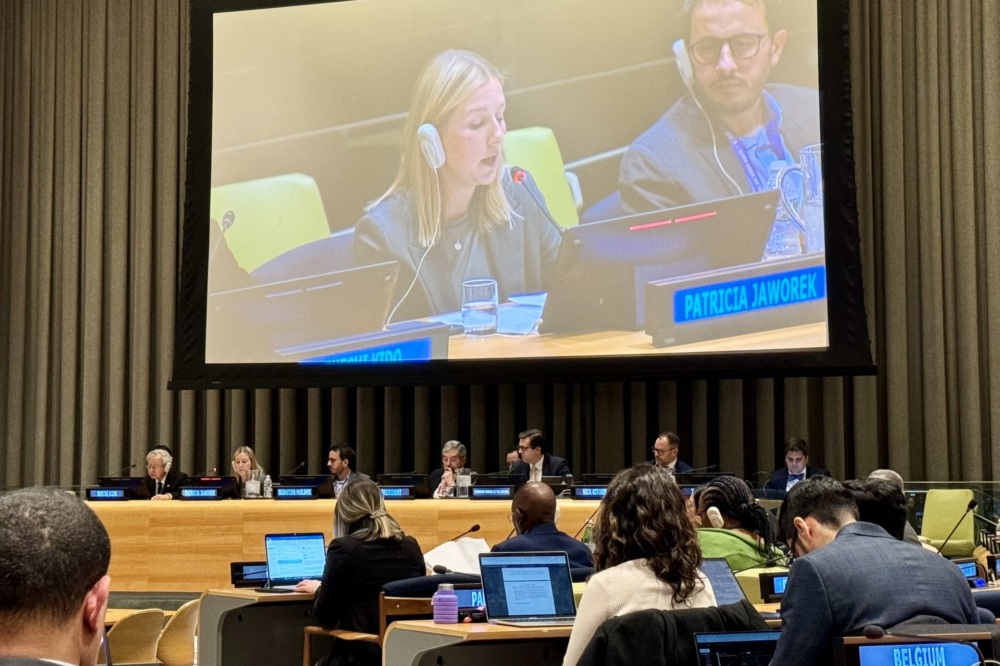Later this month 190 nations will meet in New York to discuss the nuclear Non-Proliferation Treaty (NPT), 45 years after it came into force. The Treaty prompted several aspiring nuclear-weapon nations to give up trying to get the bomb, but it also committed nuclear-weapon states like Russia and the US to pursue disarmament. Progress has been made. Overall stocks of nuclear warheads have dropped significantly. But is that the whole story?
"The Inquiry," a new program on BBC World Service, interviews NTI President Joan Rohlfing and asks the question "Is there a new nuclear arms race?"
The show looks at the efforts of both the US and Russia to modernise their arsenals. One expert tells The Inquiry that these modernisation programmes amount to a new nuclear arms race – one which is creating a new generation of less powerful but more accurate weapons. Some argue that such ‘tactical’ weapons are more likely to be used. Another expert witness tells us that the failure of nuclear-weapon states to disarm threatens the NPT itself. Rohlfing offers disturbing testimony about the nuclear stand-off between India and Pakistan.
In the interview, Rohlfing asks, "'Are the risks of nuclear use increasing or are they decreasing?’ And I believe we are in a period where the risk of nuclear use is increasing. We are seeing an arms race between some countries. But nuclear risk is a function of more than just whether or not we’re in arms race. It’s also a function of whether we have leaders that understand those risks. We have a new crop of leaders who in many cases don’t have the long history and experience and even understanding of the tools that were developed through the Cold War to help prevent a disaster from happening. That is a very troubling situation."




